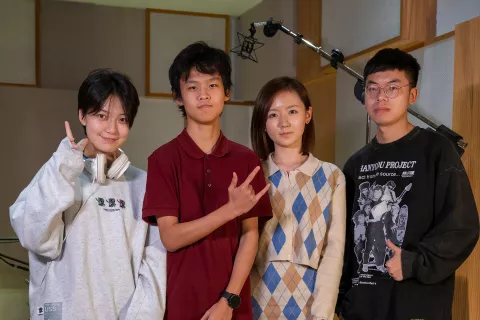Locked down: Keeping busy in difficult times
Adolescents' mental health during COVID-19
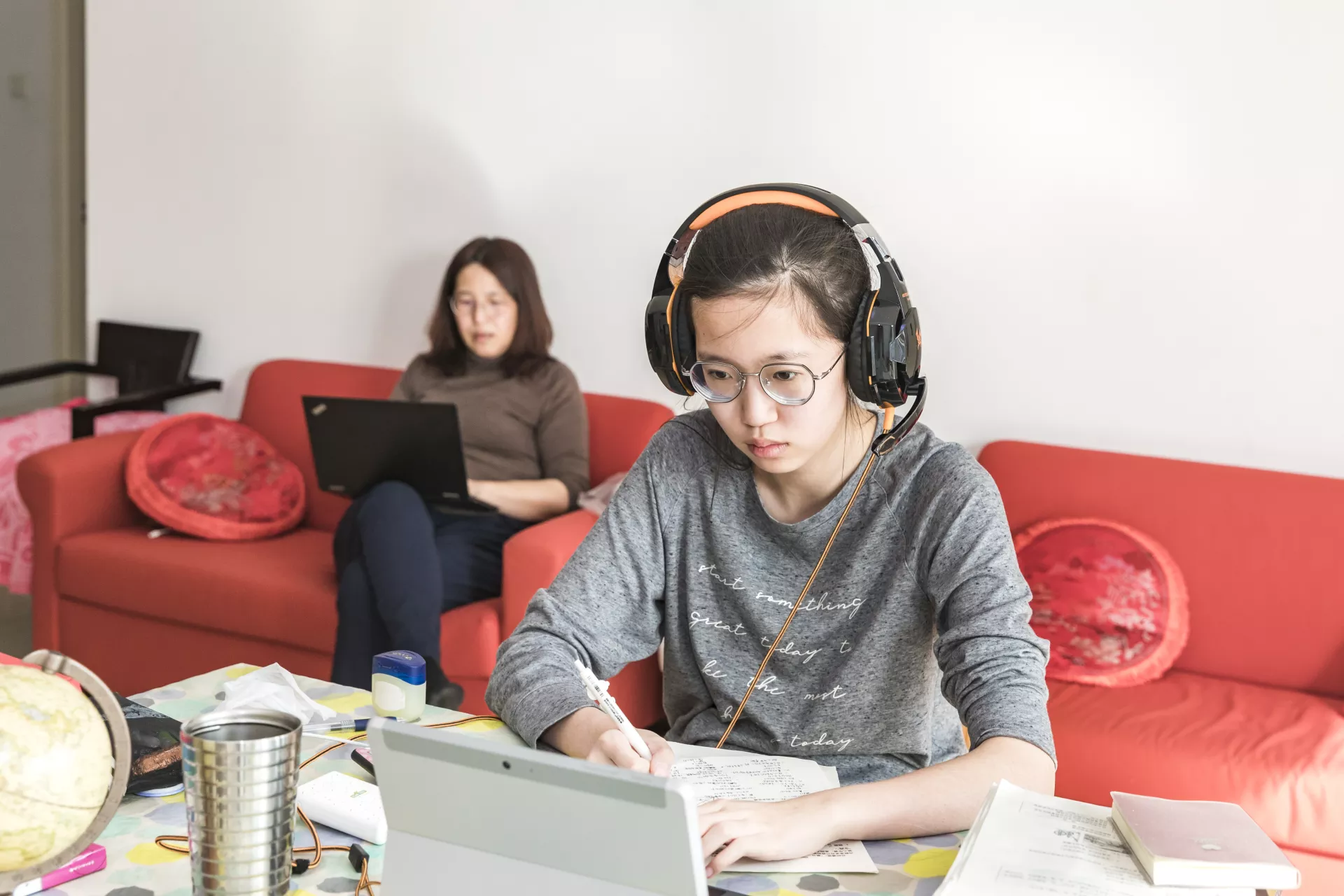
- Available in:
- 中文
- English
In February 2020, as part of the effort to control the spread of the COVID-19 virus, China’s schools asked adolescents to stay home.
There was no going to school, no social events, nothing. The start of the spring semester was postponed. For Xiaoyu, who was in Grade 11 at the time of the shutdown, postponing school did not sound all bad – at first.
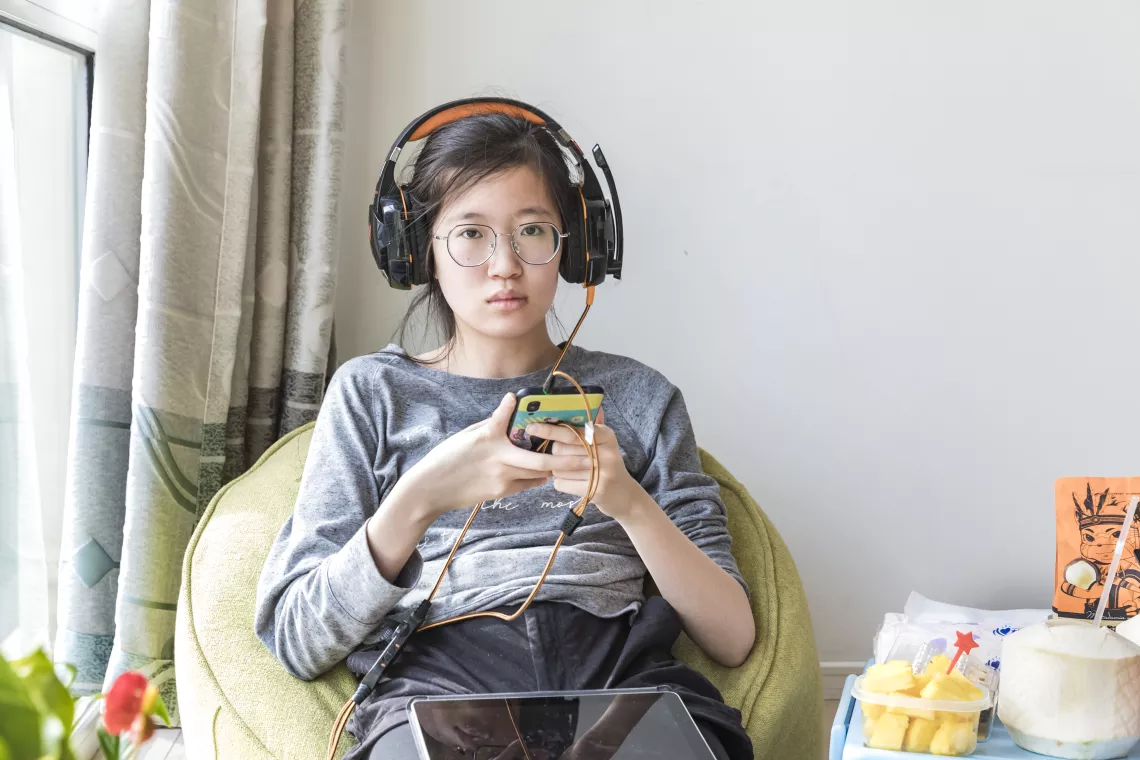
“When I first learned the news about the postponing of spring semester, I was happy about the extended holiday,” Xiaoyu said at the time. “But now I just want to go back to school.”
Xiaoyu kept herself busy by taking online review classes, participating in Q&As with teachers, playing online games with friends and keeping up with the news on the pandemic. She also spent time texting her friends.
“I miss my friends,” she said. “We sometimes talk about the outbreak and when school will start. Staying at home for such a long time is so boring.”
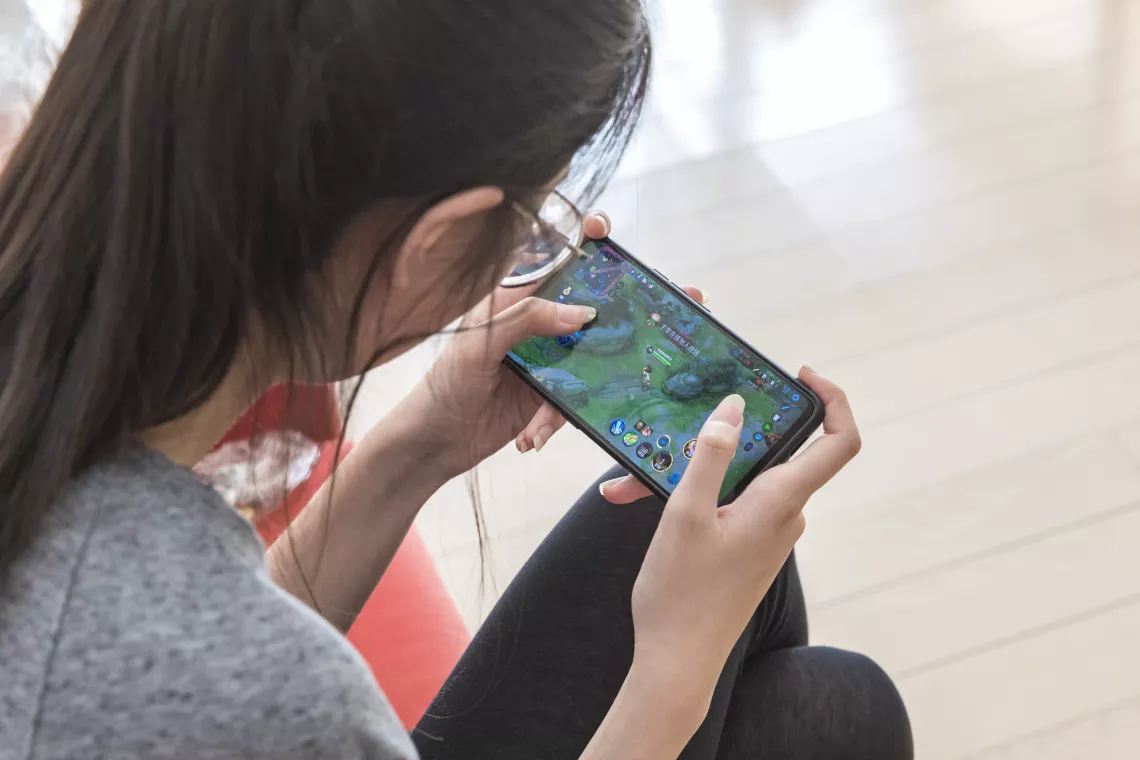
Efforts were made to keep adolescents engaged and active, despite the lockdown. For example, tips on coping with stress and anxiety during the pandemic were created by UNICEF and the China Communist Youth League, which has about 81 million members[1]. The tips were distributed on official digital channels. A video outreach was launched to encourage exercise during the lockdown, an effort supported by social media partners and UNICEF.
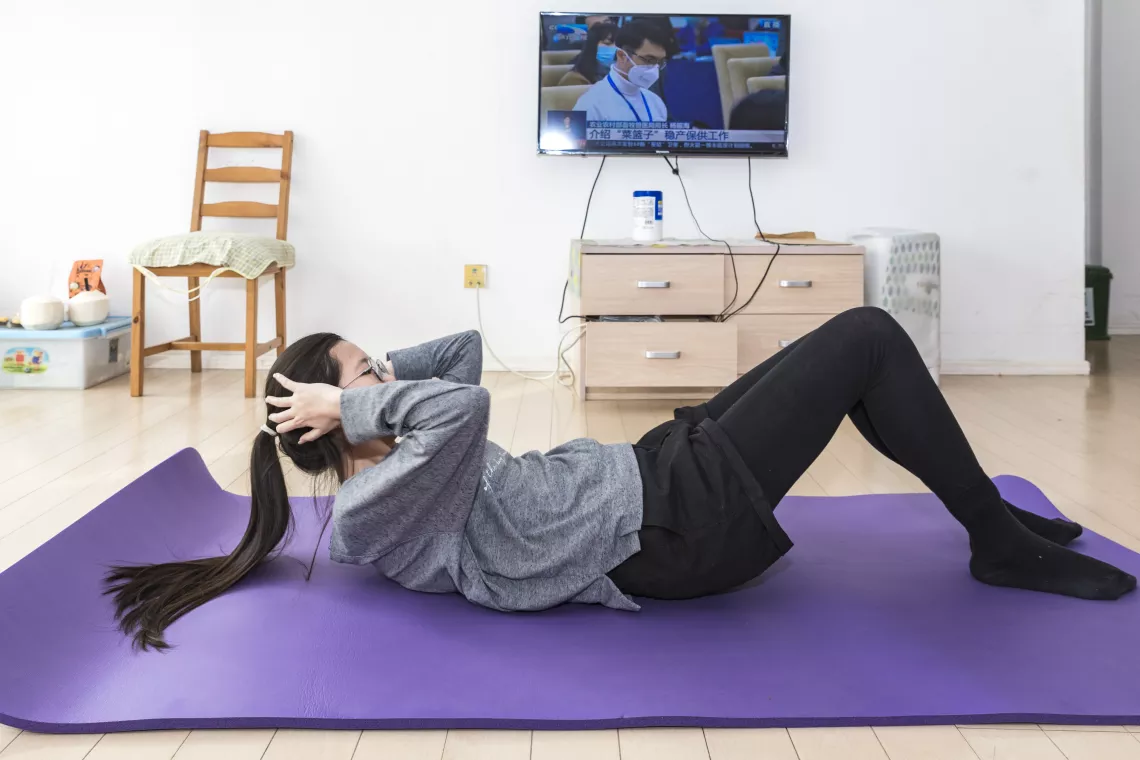
For some adolescents in China, boredom was not the only problem. A national online survey in February 2020, supported by UNICEF, indicated that 85 per cent of the respondents reported feeling worried about the virus and its effect on their families and communities. About 21 per cent said they were afraid of dying and 22 per cent reported feelings of loneliness.
In May 2020, as China was opening up again, a follow-up survey showed a reduction in the number of adolescents who reported feelings of fear and anxiety. However, 11 per cent of respondents said they needed mental health counselling services. As the pandemic continues in China – and around the world – this call for services can be a reminder of the importance of protecting adolescents’ mental health in difficult times.
[1] China Communist Youth League. Introductions to the China Communist Youth League. http://news.youth.cn/gn/201805/t20180531_11632977.htm Note: The number was as of end of 2017.


